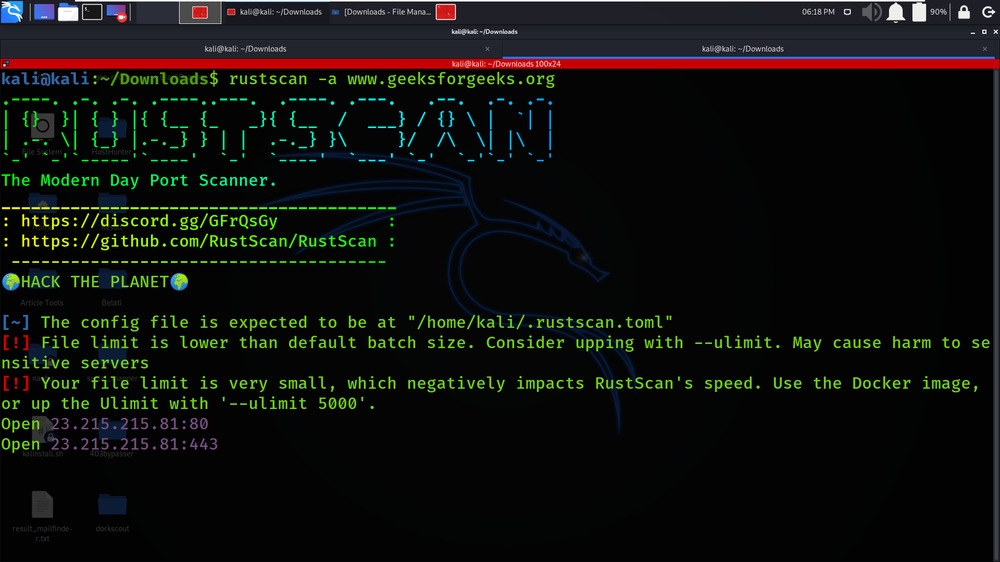What is AWK?
AWK is a domain-specific language designed for text processing and data extraction. It derives its name from the initials of its creators: Alfred Aho, Peter Weinberger, and Brian Kernighan. AWK operates on a per-line basis, making it highly suitable for tasks that involve pattern matching, text extraction, and reporting.
Basic Syntax
The basic structure of an AWK command is as follows:
awk ‘pattern { action }’ file
– Pattern: This specifies the condition that must be met for the associated action to be executed.
– Action: This defines what should be done when the pattern is matched.
– File: The input file on which AWK should operate. If not specified, AWK reads from standard input.
AWK Examples
1. Print Lines Matching a Pattern:
Let’s say you have a log file named `access.log` and you want to print all lines containing the word “error.”
awk ‘/error/ { print }’ access.log
2. Print Specific Fields:
Suppose you have a CSV file named `data.csv` with records like `name,age,city` and you want to print only the names.
awk -F ‘,’ ‘{ print $1 }’ data.csv
3. Calculate and Print Average:
Consider a file named `grades.txt` containing student names and their grades. You want to calculate and print the average grade.
awk ‘{ total += $2 } END { print “Average grade:”, total/NR }’ grades.txt
4. Conditional Formatting:
Assume you have a file named `sales.txt` with sales data. You want to highlight sales above a certain threshold.
awk ‘$2 > 1000 { printf “%-20s: %d (High)\n”, $1, $2 }’ sales.txt
Automating Tasks with AWK
Here’s a simple example of using AWK in a script to automate a task. Let’s create a script called `analyze_log.sh` that analyzes an Apache access log to count the occurrences of different HTTP status codes.
#!/bin/bash
log_file=”access.log”
awk ‘{ status[$9]++ } END { for (code in status) { print code, status[code] ” occurrences” } }’ $log_file
Save the script, make it executable (`chmod +x analyze_log.sh`), and run it. It will read the `access.log` file and output the counts of different HTTP status codes.
You may also like:






1 thought on “Mastering AWK in Linux Scripting”
Special offer for antibiotics: can i buy antibiotics online and get discount for all purchased! Two free pills (Viagra or Cialis or Levitra) available with every order. No prescription required, free delivery.